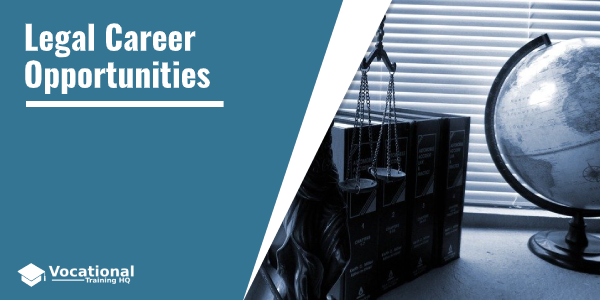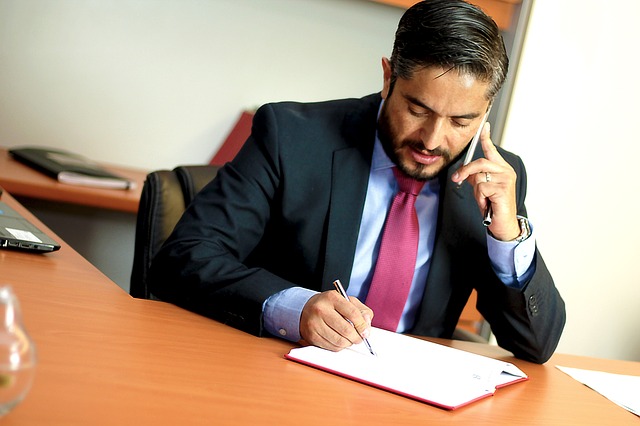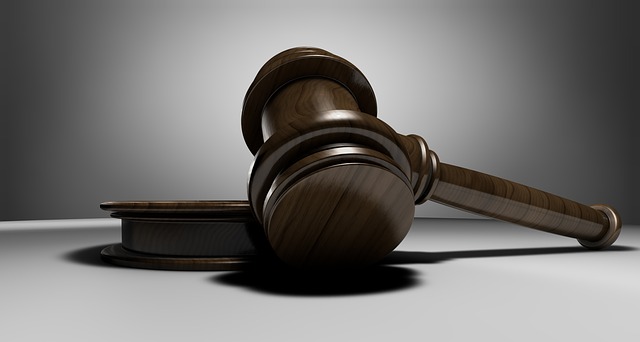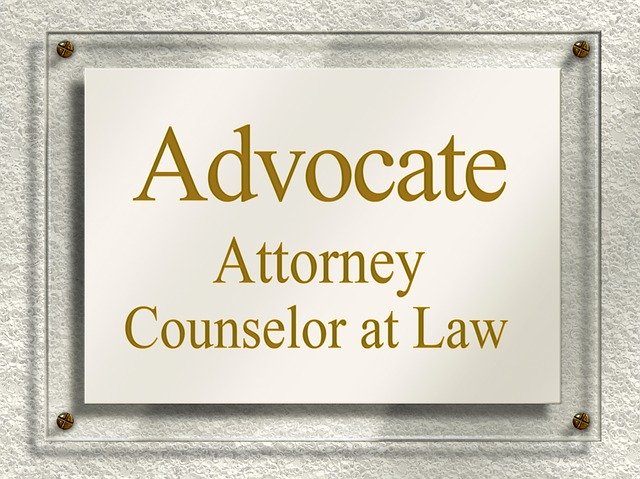Providing legal services is a complicated process requiring teams of experts to deliver cost-effective and quality services.
Therefore, the legal field includes a variety of jobs with a diverse array of skills, education, and experience.
The advancement in technology and law also opens up new career opportunities for legal professionals.
Lawyers will always be needed.
However, the legal field has a lot more jobs that go way beyond becoming a lawyer.
Article Table of Contents
Core Legal Careers
When considering the field of legal services, the positions that are most often thought of are core legal careers.
Lawyer
Lawyers are also known as attorneys or counselors (barrister or solicitor in some parts of Europe).
Lawyers advocate for the rights of their clients.
This might be done through litigation or negotiation with other lawsuit parties.
The success of failure of a law firm depends on the abilities of its lawyers.
Paralegal
Paralegals are the right hand of the lawyer.
They are in charge of certain tasks to free up the time of the attorney, so they can take care of the tasks that only attorneys do, such as giving legal advice or appearing in court.
Paralegals may assist clients, do legal research under attorney’s supervision, or draft pleadings.
Legal Secretary
Legal secretaries are also known as administrative assistants.
They have less responsibility than a paralegal but do more than an average secretary.
They are in charge of the normal range of secretarial tasks additionally to duties such as drafting basic correspondence or file maintenance.
Paralegals and legal secretaries can be both referred to as legal assistants.
Careers in Legal and Administrative Support
For the law practice, the support of many professionals in a variety of specialized fields is required.
They provide information to the attorneys representing cases in trial.
Compliance Specialist
A compliance specialist implements and oversees corporate compliance with policies and laws at the local and federal levels.
They may also train employees in compliance procedures.
Conflicts Analyst
The role of conflict analyst within a law firm is quite delicate.
They research potential conflicts of interest between the parties involved in a case, including firm personnel and judicial staff.
The high levels of confidentiality are critical.
Legal Recruiter
A legal recruiter isn’t a part of law firm staff.
They provide the clients (law firms) with potential employees.
They can be attorneys or, sometimes, paralegals.
For the position, they may need to hold a Juris Doctor.
Court Messenger
Court messengers deliver documents and other evidence to attorneys and courts.
Law Firm Administrator
Law firm administrators are also known as practice administrators.
This is a top-tier administrative position that oversees the everyday operation and finances of the law firm.
Contract Administrator
These professionals usually work under the practice administrator and handle specific areas of daily finances, particularly, related to contractual obligations.
IT Careers in Litigation Support
In the age of the Internet, technical support is essential for legal practice.
These professionals need to be knowledgeable both in technology and law.
They work with application and software that manages crucial litigation data.
Another essential part is E-discovery professionals.
These are similar roles to litigation support but with the focus on discovery.
They handle the exchange of information related to a case between courts and parties to a lawsuit, not the totality of a case file.
Discovery is stored electronically.
There’s a data entry position, the document coder.
They maintain a system to identify and access a variety of documents in a case file.
In IT litigation support, this is usually an entry-level position.
Courtroom and Courthouse Careers
When it comes to legal careers, people think of the classic courtroom setting.
The judge oversees trials, pretrial rulings and conferences, and, sometimes, appeals.
This position is in a public sector that can be elected or appointed.
Their main job is to interpret and apply the law.
Magistrates aren’t used in all states.
There are judicial officers or junior judges who handle minor cases and disputes to take some workload off judges.
Law clerks fulfill the functions to judges like paralegals do to attorneys.
They are their right hand.
They often have some legal education but did not apply to the bar yet.
They can be new and young attorneys who are starting in the field.
It is prestigious to have this on the resume.
Law clerks manage case files for the judges and do research while drafting reports on documents according to guidelines.
So, the judge doesn’t have to read the entire case file to get an understanding of what is involved in the matter.
Courtroom deputies help maintain order in the court and usually wear a law enforcement uniform.
They may intercede between counsel or escort the defendants to and from the courtroom.
They may pass items of discovery from one table to the next or to the judge.
The court interpreter provides assistance to non-English-speaking litigants.
The role of the court clerk is behind-the-scenes but of great importance.
Every legal case comes with a load of paperwork, even with the prevalence of technology.
Clerks organize it and keep it in order.
These positions range from entry-level to chief.
Mediators, a.k.a. conciliators or arbitrators, handle the alternative dispute resolution (ADR).
It is required in many states before a lawsuit proceeds to trial.
Mediators meet with opposing parties and attempt to guide them to settlements or compromise.
They are not representatives of any side and may be (or not) a government employee.
Besides the judge’s bench, a stenographer works.
They transcribe legal hearings, proceedings, trials, and depositions.
Many courts move to audio recordings, and court reporters transcribe the tapes.
Videography is common in the courtroom.
Broadcast captioners enter captions on videography.
Often they do it in real-time in the course of a trial.
Then it’s preserved as a part of the case file if there’s an appeal.
CART or Communication Access Realtime Translation providers are involved in assisting people with impaired hearing or those who are deaf, converting speech to text.
Careers in Legal Consulting
The legal services field includes positions for people outside the legal area.
A jury consultant provides guidance to attorneys in choosing sympathetic jurors at trial and helps avoid unsympathetic ones.
They do it by asking potential jurors a series of questions.
It can also involve interpreting body language and doing background research during questioning and trial.
Computer forensics professionals make an analysis of digital evidence and put together a report on it.
They may testify on it at trial.
For example, if the hard drive was intentionally erased, but some data-trace remained.
Computer forensics professionals would find it.
Forensic scientists collect, analyze, and preserve physical evidence for the courts and attorneys.
A blood-spatter analyst is an example of them.
Forensic videographers create video images for trials.
They may also present images at trial.
Accident reconstructionists usually have experience in law enforcement or engineering.
They examine the accident details and recreate how it might have happened and who, if there’s anyone, is guilty.
Careers in Legal Education
A lot of professions in the legal area require extensive education at college or university.
This opens another area for people looking for jobs in the legal field.
Law Professor
Law professors are usually involved in research in addition to teaching classes.
Many schools require them to publish in law journals from time to time.
Law School Dean
The dean is an administrator in a law school of the highest rank.
They supervise academic programs, operators, and sometimes, issues concerning student discipline.
Law School Admissions Officer
This professional reviews and oversees student applications and test scores.
They may personally interview students for admission.
Legal Career Counselor
In many schools, specifically, top-tier schools, a person to prepare the graduating students to enter the workforce is hired.
They may hold practice job interviews, arrange interviews with law firms, identify potential employers, and even make an introduction.
Future employers find loyalty to the school and marketing the school and its students predominant.
This list does not include all professions in the legal field but represents a wide range of opportunities in the legal industry.
Many of these positions are open only in large firms.



